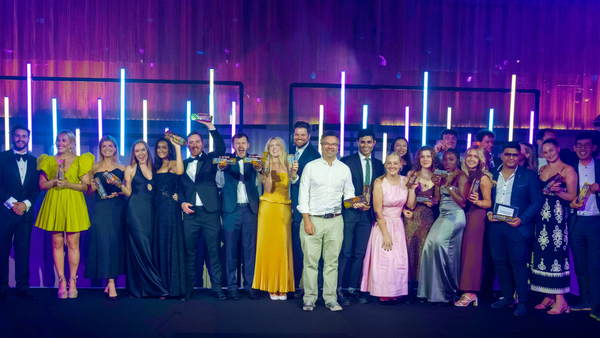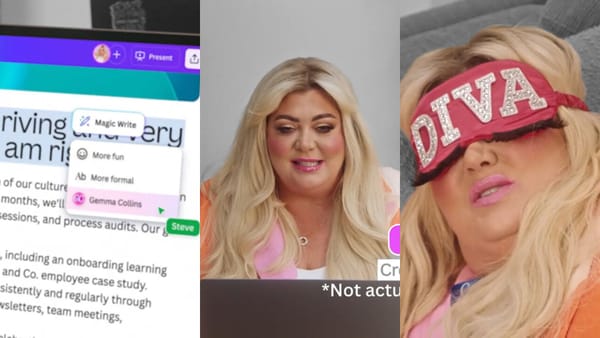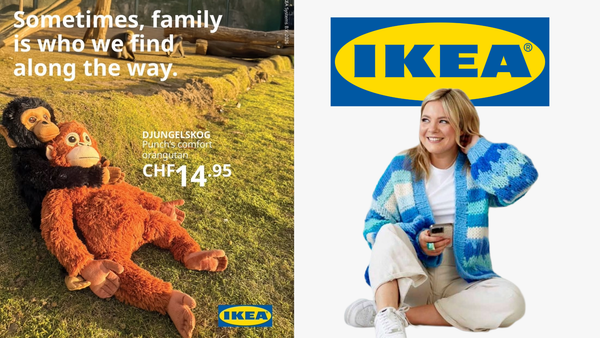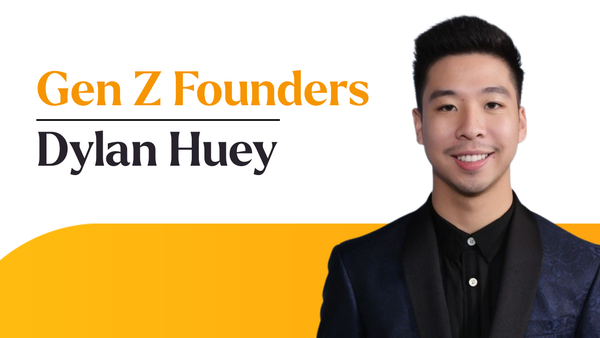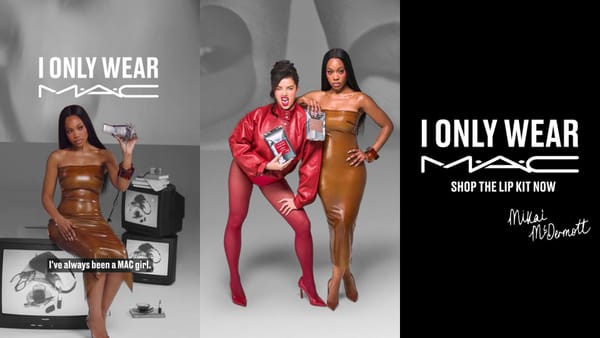- We don’t like feeling hoodwinked by the content. We don’t care to feel tricked, duped or otherwise deceived into thinking the paid-for content is organic for instance. If it’s an ad it “must be obviously identifiable as such”. This means we should be able to recognise something is an ad without having to click or otherwise interact with it. Since it needs to be ‘obvious’, consumers shouldn’t have to work too hard to figure it out.
- The content is relevant to us and good quality; it educates, entertains, informs or inspires us. By relevant I mean the partnership between brand and influencer feels natural because it feels credible. There is an obvious affinity between brand, influencer, and audience.
- We’re not inundated with paid-for content – our favourite influencers produce a ratio of organic to paid-for content, which we deem to be acceptable. This is probably no more than 1:3 sponsored to organic and ideally 1:4 or fewer.
A question of ethics and morals
Sometimes standards are laid out in law. At other times they are set out by professional bodies. We are all reliant on our moral compass. Understanding what produces a queasy feeling comes down to skills and judgement. But, there is a commercial imperative to doing the right thing as doing good is good for business.Every time an influencer behaves like a jerk; that’s a reputational issue. Every time an influencer manipulates an image to portray a product in a better light – misleadingly; that’s a reputational issue. Every time an influencer fails to obviously identify an advertisement as an advertisement; that’s a reputational issue. Every time a vegan influencer is seen eating a non-vegan diet; that’s a potential reputational issue.When an influencer takes advantage of a young or vulnerable audience; that’s an ethical topic resulting in a reputational issue. When tobacco firms target the young via influencer marketing; that’s an ethical topic resulting in a reputational issue. When firms fail to pay teenage influencers the same rate as adults; that’s an ethical topic resulting in a reputational issue.From a brand safety point-of-view, we as marketers need to undertake sufficient digital due diligence in which to ensure we limit any exposure to influencers and their content which doesn’t pass ‘the smell test’. On the flipside, professional influencers understand they have a duty of care to their audience – especially to the young and vulnerable. Sensible influencers appreciate they have a moral obligation – and a legal requirement – to do the right thing by their followers, which are the people who have made them influential in the first place.Several creators have started calling out industries and companies who they feel don’t measure up to society’s expectations. Nerd About Town aka Stephanie Yeboah became frustrated by the lack of inclusion within the travel and tourism vertical. In May she decided to do something about it. In a rallying cry to fellow creators, Stephanie took to Twitter and asked: “Hi Influencers! If you come across any photos or IG Stories featuring campaigns or events that only feature white influencers, can you please screenshot the pic and send to me OR direct me to it?I’m doing a thing”.True to her word Stephanie did ‘do a thing’. She penned an article for the Metro newspaper. It was published a couple of weeks later. “By exclusively using white influencers to tout holiday experiences … the story being told is that these experiences are only available to white people. … Only white slim women go on holiday. … It needs to stop,” declared Stephanie. Other influencers have called out specific companies accusing them of a faulty moral compass. Daniella Perkins was invited to Coachella music festival earlier this year in a brand collab with fashion app Dote. She felt she was treated differently to white influencers on the trip. She uploaded a vlog to YouTube about her experiences. The video has gained 800k views. Keisha Shadè Akinyemi, a South Londoner, watched the video and uploaded her own as a response. Her vlog has gained over 400k YouTube views. Keisha doesn’t know Daniella. She wasn’t part of the brand collaboration. She wasn’t at Coachella but Keisha felt such affinity with Daniella’s emotions that she felt compelled to comment. Buzzfeed picked up on the story, too, carrying the negative brand mentions to a new audience.Insincere content diminishes trust
According to a global survey of 20,000 conducted by Bloglovin, a blog aggregator site, 61% of women said they won’t engage with an influencer’s sponsored content if it doesn’t feel genuine.Trust and authenticity form the bedrock of influencer marketing. Lose trust and authenticity and you lose the power to influence an audience and with it the promotional work. Meanwhile, 86% of people are likely to take their business to a competitor when there’s a lack of transparency on social. This is according to a survey undertaken by social media management tool Sproutsocial.According to Takumi, 67% of UK consumers say they would unfollow an influencer if they found out they had dramatically misrepresented themselves or their lifestyle to followers. This is where brand partnerships, which are not based on shared values and a real relationship can backfire on both the creator and brand to the detriment of the combined audience.Scott Guthrie will be speaking at the Influencer Marketing Show on 22 October 2019 in a session titled: A Question of Ethics: Why Producing Ethical Content is the Right Thing to do.


